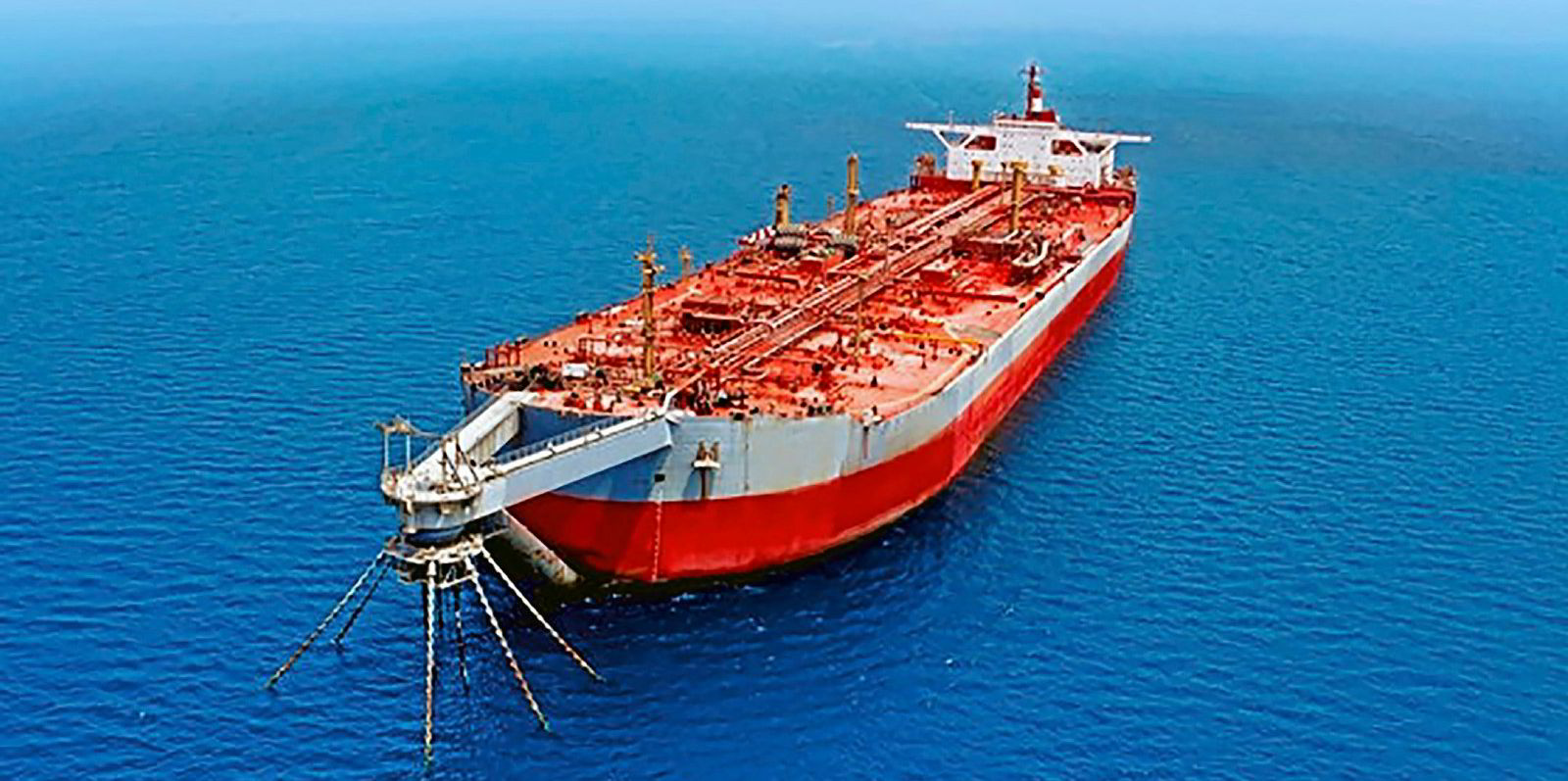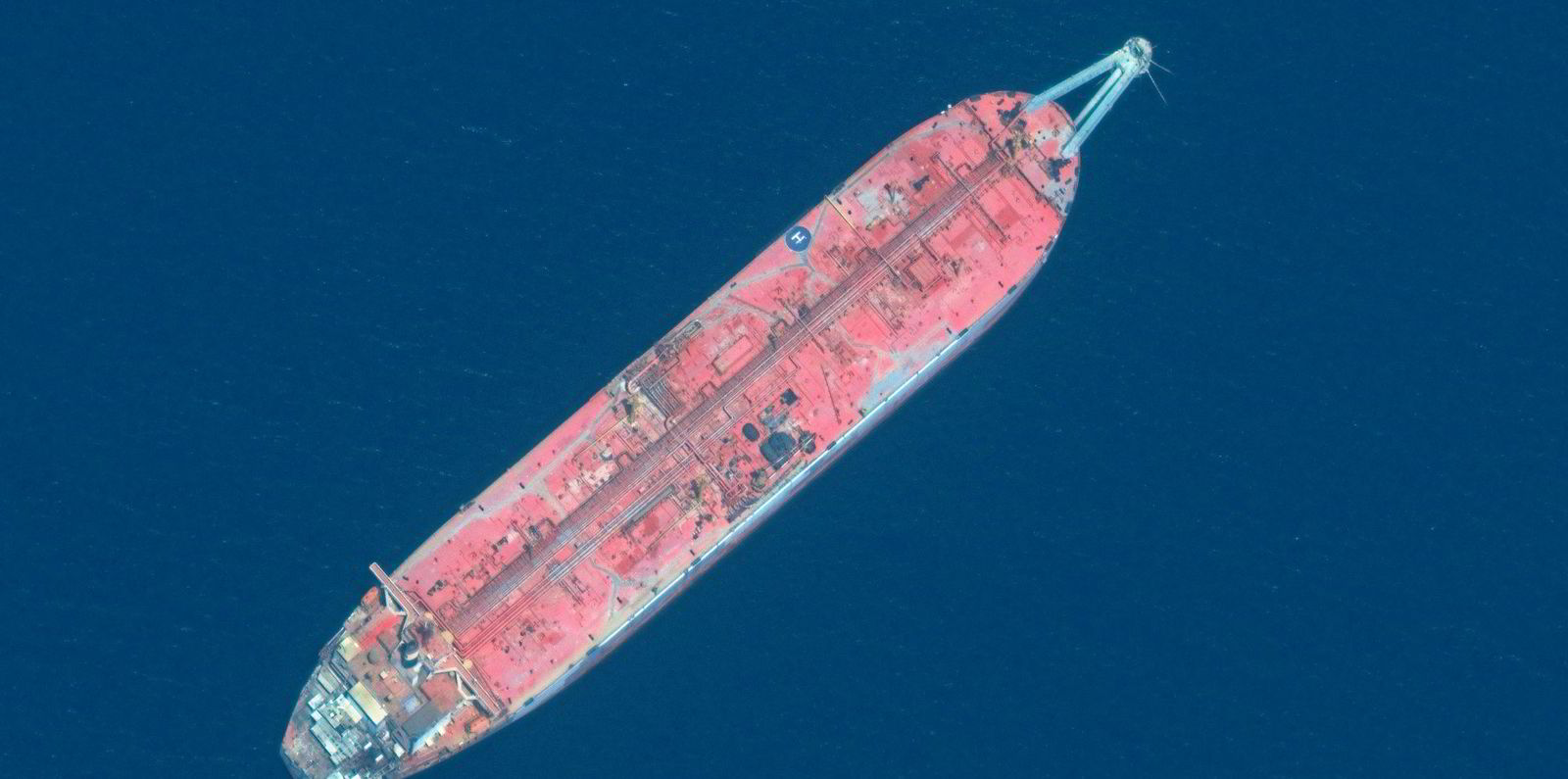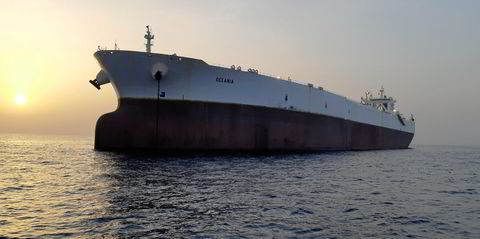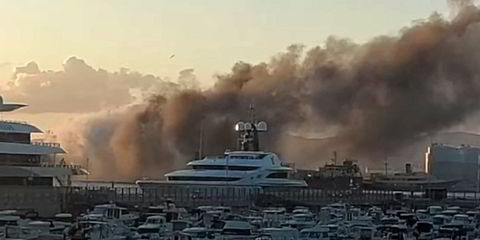Dutch company Smit Salvage is expected to start work within weeks to lift 1.14m barrels of oil from a decaying ship off Yemen’s coast, according to United Nations and Dutch officials.
The Boskalis-owned salvage company has been lined up to stabilise the 407,000-dwt FSO Safer (built 1976) in a four-month operation to prepare for the oil to be removed.
Contracts have yet to be signed but a senior UN official said: “It’ll take a few weeks to get teams on the ground.”
The FSO Safer has been described as a “ticking time bomb” that holds four times the amount of oil spilt by the Exxon Valdez off the Alaskan coast in 1989. The UN estimated it would cost $20bn to clean up any spill.
The global body confirmed this week that it had received more than $75m in pledges from 17 countries to allow the initial phase of the operation to go ahead.
A further $38m is required for a replacement vessel to provide the long-term storage of the oil as its ownership is disputed by the rival sides in Yemen’s seven-year war.
Final piece
David Gressly, the UN resident and humanitarian coordinator for Yemen, said he was confident enough pledges would be honoured for the initial work to be started.
“So the final piece really is the action to carry out this salvage operation,” he told reporters.
“There will be a period of a few weeks of mobilisation for that, followed by a four-month operation, to actually stabilise the existing vessel for the work to transfer the oil into a second vessel.”
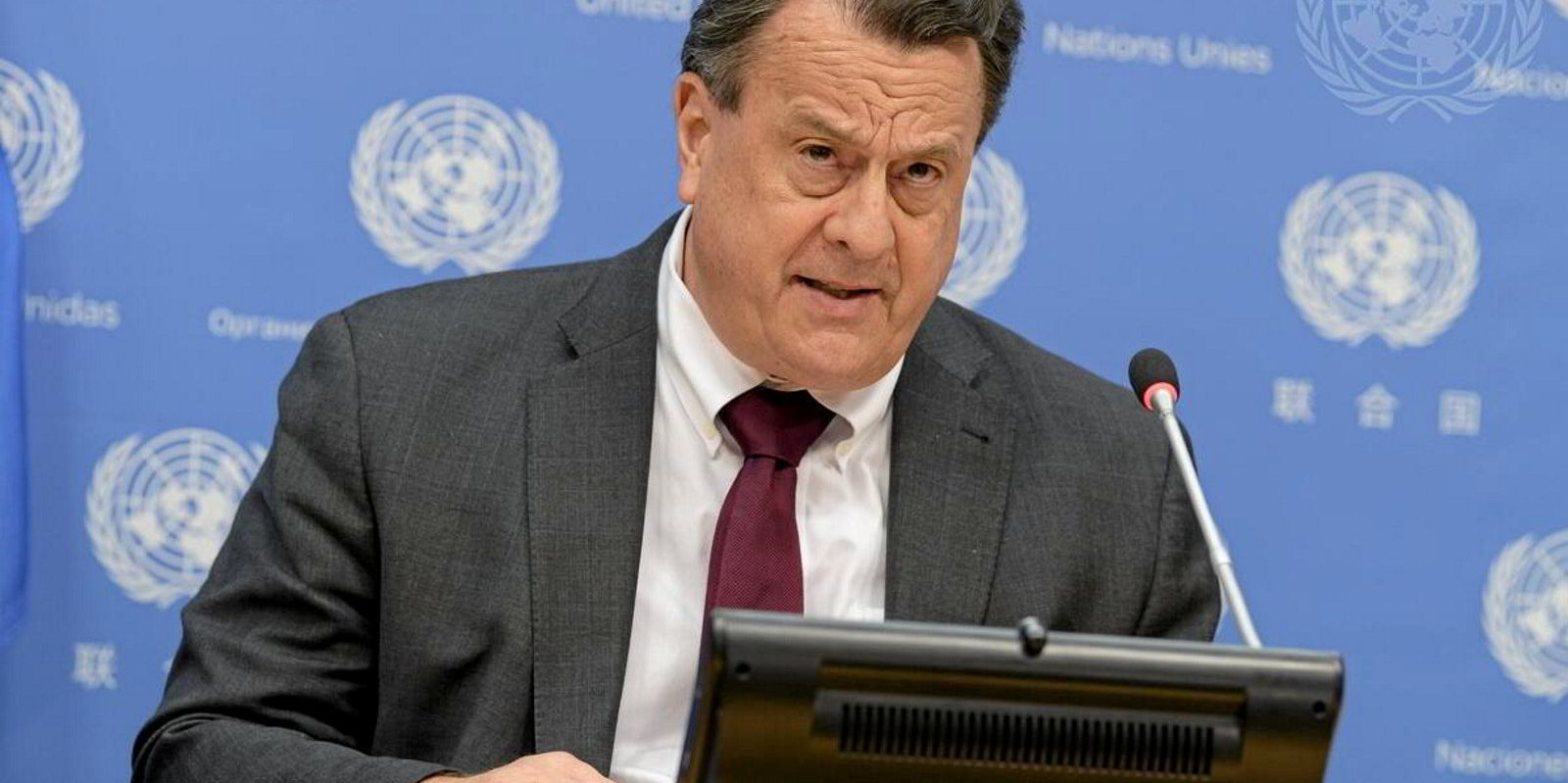
The FSO Safer has been moored 4.8 nautical miles (8.9 km) off the Ras Issa port for more than 30 years. It now has just a skeleton crew on board to try to avert environmental disaster.
The UN reached its target at the weekend following a $7.5m pledge from the Netherlands, which also hosted a fund-raising summit earlier this year.
“The Netherlands will continue its efforts to see that the operation — which is expected to be carried out by Dutch companies, Smit Salvage Boskalis — will not only start but will finish soon,” a Dutch foreign ministry official said.
The ship, which has not been maintained during the war, is under the control of the Iran-backed Houthi movement, which controls the country’s capital, Sanaa.
The UN has been negotiating with the Houthis for years to try to get experts on board to examine the tanker. A ceasefire in the war has allowed the project to progress.
Any leak has the potential to close the Bab el-Mandeb Strait, a strategic link between the Mediterranean Sea and the Indian Ocean through which about 10% of world trade passes.
